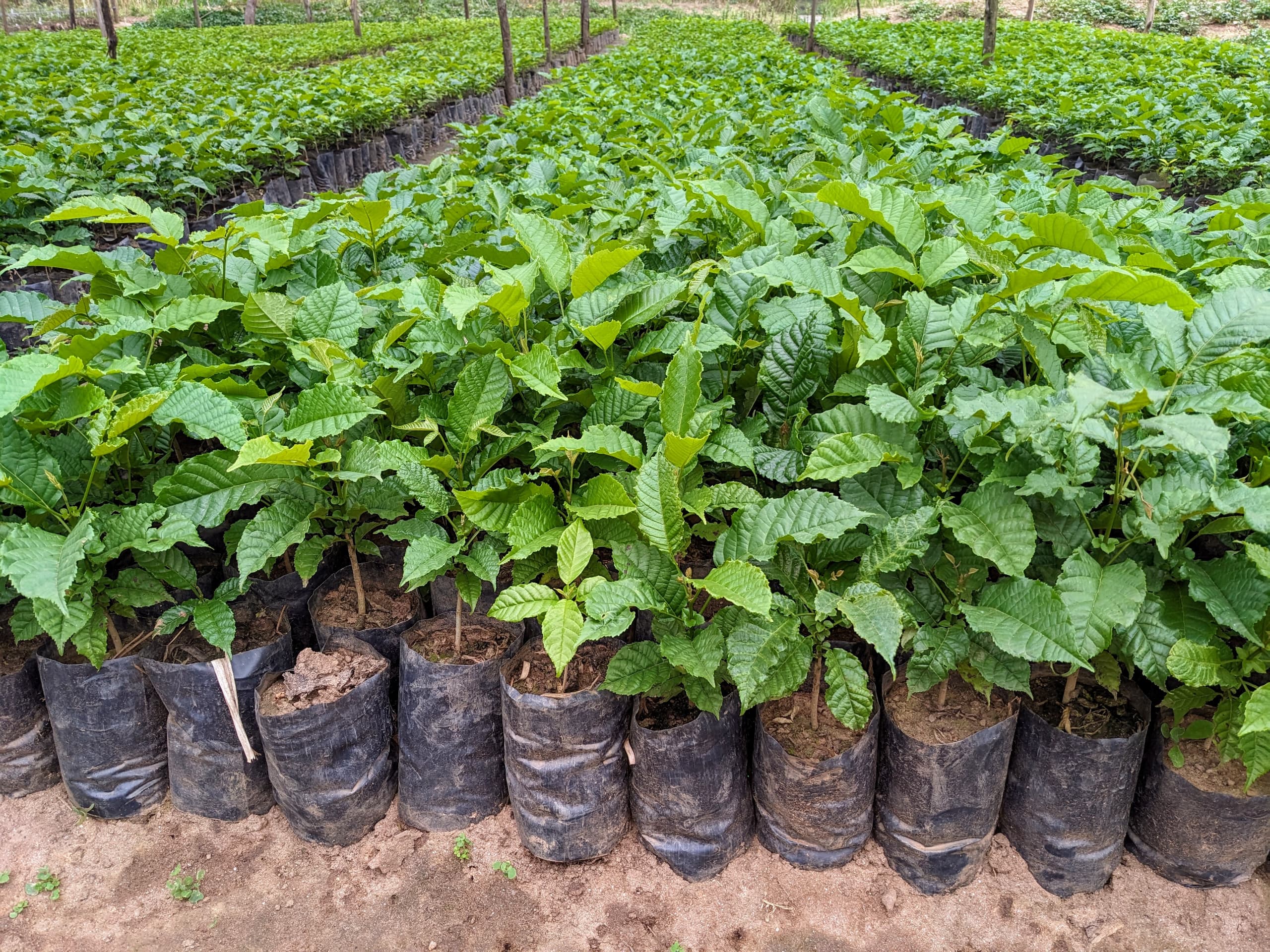Urban Farming as A Home-Grown Solution
Read more
+(250) 791 728 026

Restoring
Giciye River Buffer Zone
Giciye River, flowing through Nyabihu District, has increasingly caused severe flooding and landslides, particularly during the rainy season. These natural disasters have had devastating effects on local communities. Floodwaters from the river frequently overflow onto surrounding lands, resulting in the tragic loss of lives and significant crop damage.
Farmland along the riverbanks has been eroded, reducing agricultural productivity and causing food insecurity for local residents. Livestock and other animals are often swept away or injured during floods, further impacting local livelihoods. Landslides, triggered by the river’s overflow and the steep terrain, have destroyed homes and infrastructure, forcing families to relocate. Addressing these hazards through effective restoration efforts along the Giciye River is essential for improving safety, stabilizing soils, and reducing the risk of such tragic losses in the future.
Wildlife Conservation Initiative (WCI) began a transformative restoration along the Giciye River buffer zone. Through the strategic planting of resilient indigenous trees, WCI aims to boost biodiversity, fortify soil stability, and reduce soil erosion and landslides, all while supporting sustainable development for local communities.
Key
Actions in the Giciye River Buffer Zone Restoration
Strategic
Selection of Native Tree Species
Following careful ecological assessments and consultations with local
communities, WCI selected four indigenous tree species: Erythrina abyssinica, Markhamia lutea, and Polyscias fulva
for their adaptability to the local environment. These trees are chosen for
their ability to enhance biodiversity and strengthen the ecological resilience
of the Giciye River area.
Community
Engagement and Education
To deepen community involvement, WCI has conducted awareness campaigns through
conservation clubs, sports for conservation events, and traditional community
gatherings (Inteko z’abaturage). These activities raise awareness about the
ecological, economic and social benefits of indigenous tree restoration and
encourage sustainable land management practices among local residents.
Intensive
Tree Planting Campaigns
WCI has mobilized local volunteers to actively participate in planting events
during community work, ensuring that communities are directly involved in
restoring their environment.
Challenges
Faced
The rugged terrain and steep slopes increase transportation costs and labor requirements, making reforestation work more demanding.
Future
Vision and Strategic Goals
By restoring the Giciye River buffer zone, WCI is establishing a strong foundation for long-term biodiversity and sustainable land management. WCI will continue tracking the impact of restoration on soil health, biodiversity, and community well-being.